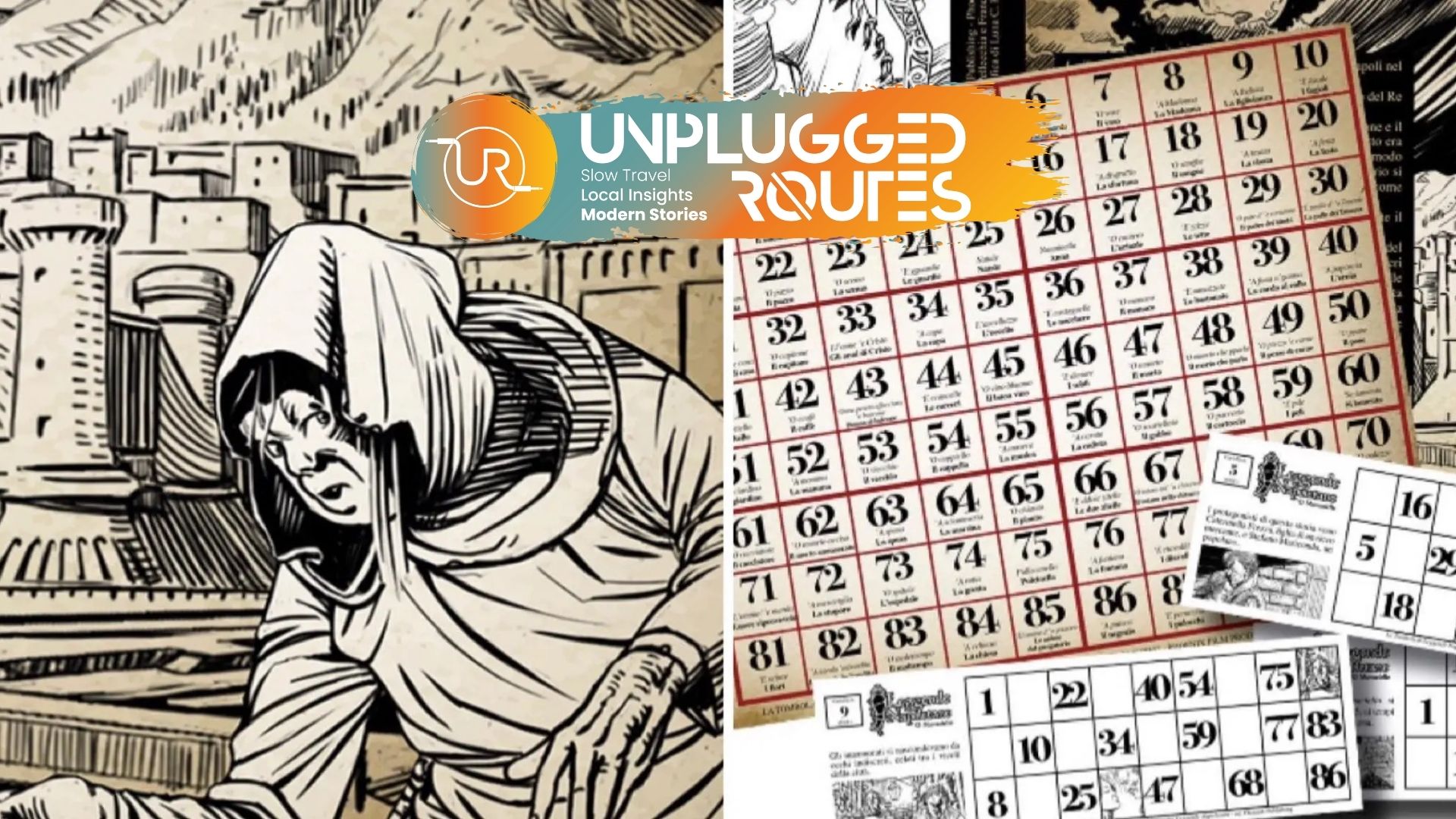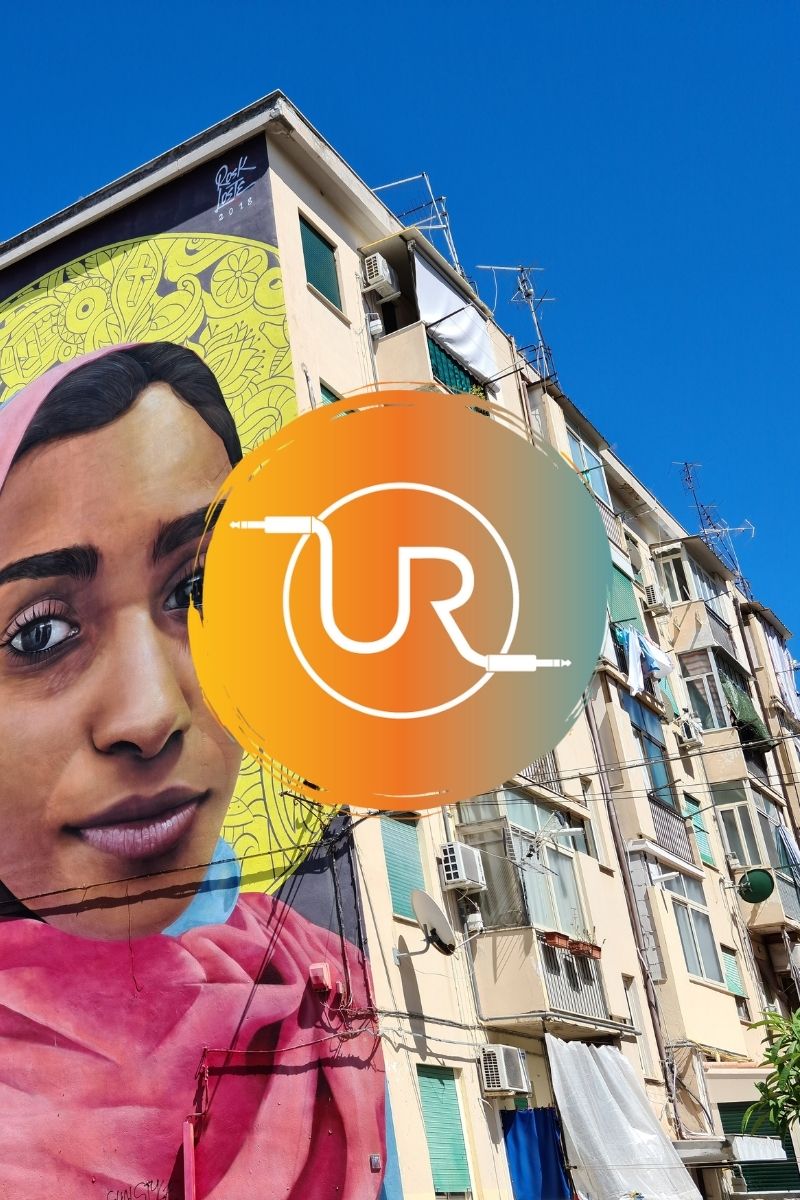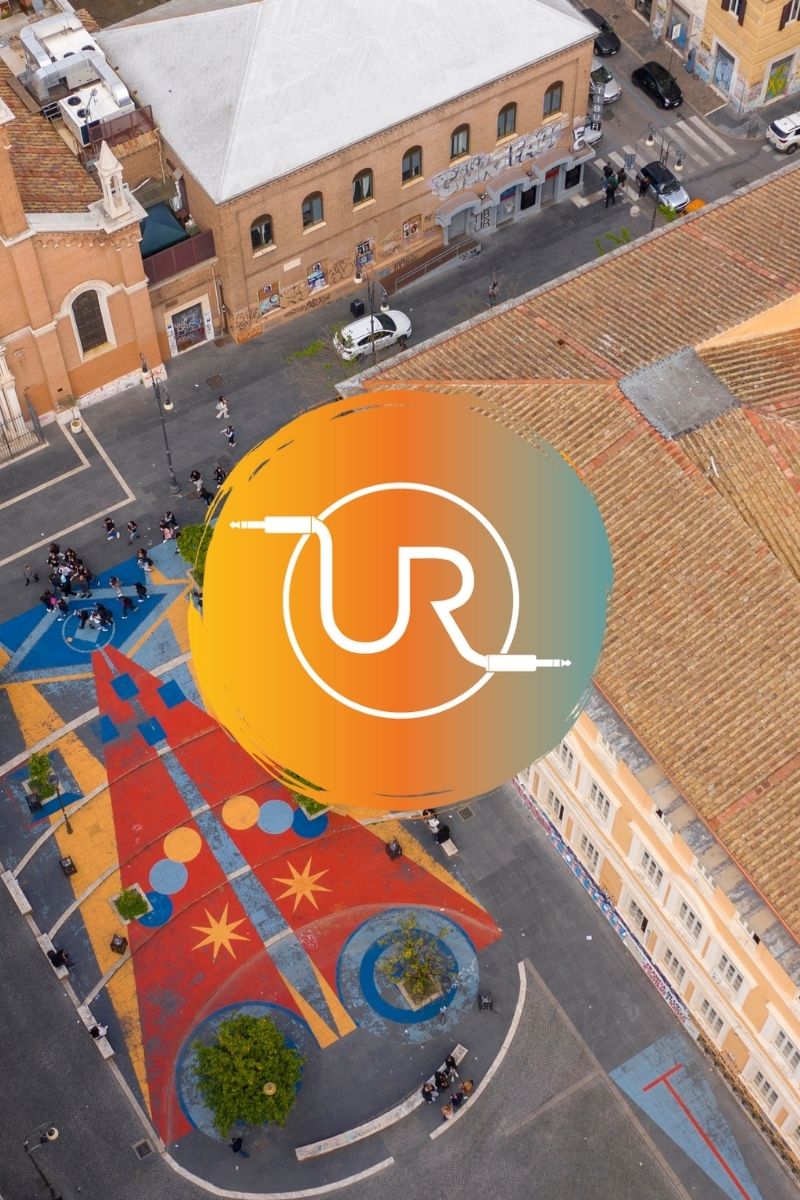
Naples is a city with a rich cultural heritage, distinguished from other Italian cities by its distinctive traditions, symbols and legends. These traditions reflect the spirit of Naples and reveal the people’s daily life, beliefs and sense of humor. Here are five iconic figures and traditions of Naples: Pulcinella, Munaciello, corno, tombola and fortune telling.
Pulcinella The Cheerful Mask of Naples
- born in the century Pulcinellaa specialty of Naples. commedia dell’arte is one of the most well-known characters of the theater. This character has a genial and cunning nature; as a public figure, he uses his wit and quick wit to overcome difficult situations. Pulcinellarepresents the Neapolitan people’s humorous and cynical outlook on life. With his white costume, his long, curved nose and his ever-present smile Pulcinellasymbolizes the complex and colorful identity of the city. This character, who makes you both laugh and think, often appears on stage during the traditional festivities and carnivals of Naples.
Munaciello The Legendary Little Monk
Another remarkable character in Naples’ world of legends, Munaciello. Munaciello, meaning “little monk”, is popularly known as a mystical being. According to legend, Caterinella, a girl living in Naples in the 15th century, falls in love with Stefano, a handsome young man from a noble family. However, Stefano could not get the approval of Caterinella’s family because the social class difference between them was too great. Because of the pressure from her family, Stefano can only meet Caterinella secretly at night, and during these secret meetings he begins to wear monk’s robes so that he can travel to and from Caterinella without attracting attention. One day, however, Stefano mysteriously disappears and the people of Naples believe that he has either been murdered or thrown into the sea. After Stefano’s disappearance, Caterinella is forced by her family to marry another man. However, Stefano’s spirit is believed to have returned, moving things around the house and causing mischief at night. The people attribute the moving of Caterinella’s belongings and the occurrence of inauspicious events to the presence of Stefano’s spirit and believe that this spirit Munaciello that he is. However Munaciellois also believed to bring good luck, especially to people who suddenly become rich or lucky. Munaciello if he has ever encountered a ghost. This enigmatic two-spirit figure is indicative of Naples’ fondness for tales of ghosts and magic.
Corno Enemy of the Evil Eye Protective Talisman
Another symbol that you can often find on the streets of Naples, “corno” that is, it is a red, horn-shaped amulet. This amulet is seen as a means of protection against bad energies and the evil eye. Corno‘s red color is associated with strength and vitality. Many Neapolitans keep these small amulets in their homes or at work, or wear them around their necks. It is especially common to give them as gifts to children and newlyweds at marriage ceremonies. Cornois an important part of the superstitious world of Naples, symbolizing the people’s desire for protection from evil and peace of mind.
Tombola A Neapolitan Game of Chance
“Tombola” is a game of chance traditionally played at Christmas in Naples. The origins of Italian bingo date back to the 18th century and are rooted in the historical past of Naples. The rules are very similar to the bingo we all know. tombola In Naples, numbers are differentiated by the meanings given to them. For example 13 (Meeting Azrael) while being associated with death, 17 (Misfortune) associated with bad luck and disasters. Of course, there are also numbers with positive meanings in bingo. 1 (Italy) It is a symbol of unity and origin and means a positive beginning; 7 (Mount Vesuvius) With the power of the volcano and its presence identified with the city, it is seen as a symbol of luck and protection; 3 (Woman) is associated with fertility and life energy and represents continuity and positive energy. Joking about the meaning of each number drawn during the game creates joy among the players. TombolaIt reflects the humorous and social nature of Neapolitan culture and has become a tradition for families to come together and have fun.
Fortune-telling, an ancient tradition in Naples
Naples is known not only for its historical and cultural heritage, but also for its fortune-telling tradition, which reflects its people’s curiosity about the future and their belief in fate. On the streets of the city or in the markets, fortune tellers try to read the people’s fate with palmistry, tarot cards or coffee fortune telling. Fortune-telling in Naples is not only a pastime, but also a guiding tradition. Especially the older generations consult fortune tellers before making important decisions. This tradition reflects the Neapolitans’ curiosity, hope and faith in life. Fortune tellers listen to the stories of the past and predict the future, often guiding Neapolitans with hope. In Naples, the concepts of fate and luck are accepted as part of everyday life and form an important part of their outlook on life.
Humor and Mysticism in the Traditions of Naples
Pulcinella‘s lively demeanor Munaciello‘s mysterious stories, cornofrom the protective energy tombola’From the playful nature of the jokes to the miracles of the fortune tellers, the traditions of Naples reveal both the people’s joyful approach to life and their penchant for superstition. These traditions keep alive Naples’ unique sense of humor, social relations and deep cultural roots, offering a unique cultural experience for all who visit the city. Travelers to Naples with Unplugged Routes will touch the heart of the city with these symbols, meet the warmth of the people’s daily life and have an unforgettable experience immersed in the mystical atmosphere of Naples.







Leave a comment: